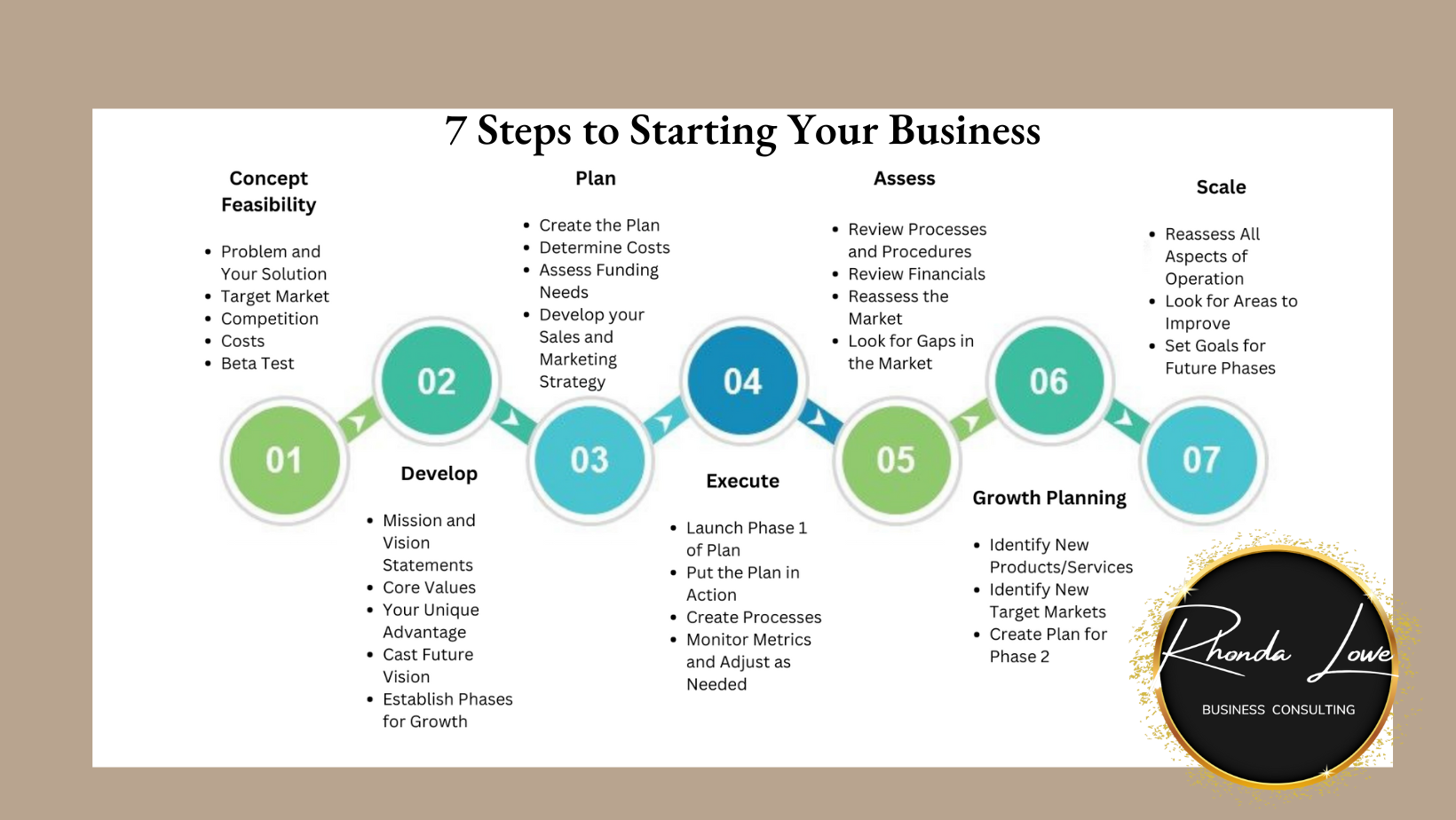What Do You Need To Know To Start A Business

Imagine this: the aroma of freshly brewed coffee fills your small workshop, sunlight streams through the window illuminating the prototype you've been tirelessly perfecting. The culmination of late nights, scribbled notes, and unwavering belief is finally taking shape. It's exhilarating, terrifying, and utterly captivating. You're on the cusp of starting your own business.
But before you dive headfirst into the entrepreneurial deep end, it's essential to equip yourself with the right knowledge and tools. This article will guide you through the crucial steps to take before launching your venture, ensuring you have a solid foundation for success.
Laying the Groundwork: Essential Knowledge
Starting a business isn't just about having a great idea; it's about understanding the fundamentals of business operations. This includes everything from market research to financial management.
Understanding Your Market
Before investing time and money, validate your idea. Is there a genuine need or desire for your product or service? According to the Small Business Administration (SBA), thorough market research is crucial for identifying your target audience, understanding your competition, and gauging the potential demand for your offering. This can involve surveys, focus groups, and analyzing existing market data.
Understanding your customer is key. Who are they? What are their pain points? How does your offering solve their problems?
Crafting a Business Plan
A business plan is your roadmap to success. It outlines your business goals, strategies, and how you intend to achieve them. The SBA provides templates and resources to help you write a comprehensive business plan, covering aspects like your business model, marketing strategy, financial projections, and management structure.
Think of it as a living document, one that you will need to continually update as the business evolves.
Mastering the Finances
Financial literacy is non-negotiable. You need to understand the basics of accounting, budgeting, and cash flow management. According to Forbes, a lack of financial knowledge is a common reason why small businesses fail.
Learn to interpret financial statements, track your expenses, and manage your cash flow effectively. Don't be afraid to seek advice from a financial advisor or accountant.
Legal Considerations
Navigating the legal landscape is a vital step. This includes choosing the right business structure (sole proprietorship, LLC, corporation, etc.), registering your business, obtaining the necessary licenses and permits, and understanding your tax obligations. The IRS offers guidance on small business tax compliance.
It's worth consulting with a lawyer to ensure you're compliant with all relevant laws and regulations.
Taking the Leap: Practical Steps
With the foundational knowledge in place, it's time to take practical steps toward launching your business.
Securing Funding
Starting a business typically requires capital. Explore various funding options, such as personal savings, loans from banks or credit unions, grants, or angel investors. The SBA also offers loan programs for small businesses.
A carefully prepared business plan will be critical in attracting potential investors or lenders.
Building Your Brand
Your brand is more than just a logo; it's the essence of your business. It's how customers perceive you. Invest time in creating a compelling brand identity that reflects your values and resonates with your target audience.
Consider elements like your brand name, logo, website design, and overall messaging.
Marketing and Sales
Getting your business in front of potential customers is crucial. Develop a marketing strategy that leverages both online and offline channels. This could include social media marketing, search engine optimization (SEO), content marketing, email marketing, and traditional advertising.
Sales and marketing go hand in hand. Be sure to have a plan to convert leads to customers.
Building a Strong Network
Entrepreneurship can be a lonely journey, but it doesn't have to be. Surround yourself with a supportive network of mentors, advisors, and fellow entrepreneurs. Networking events and online communities can provide valuable insights and opportunities for collaboration.
Don't be afraid to ask for help and learn from others' experiences.
Embracing the Journey
Starting a business is not a sprint; it’s a marathon. There will be challenges and setbacks along the way, but with the right knowledge, preparation, and resilience, you can overcome them. According to a study from the Bureau of Labor Statistics, about 20% of small businesses fail within the first year, however those with sound plans will find higher success rates.
Remember to stay adaptable, embrace continuous learning, and never lose sight of your passion. The journey of entrepreneurship is not always easy, but it can be incredibly rewarding.
So, take that deep breath, gather your resources, and embark on your entrepreneurial adventure. The world awaits your unique contribution.
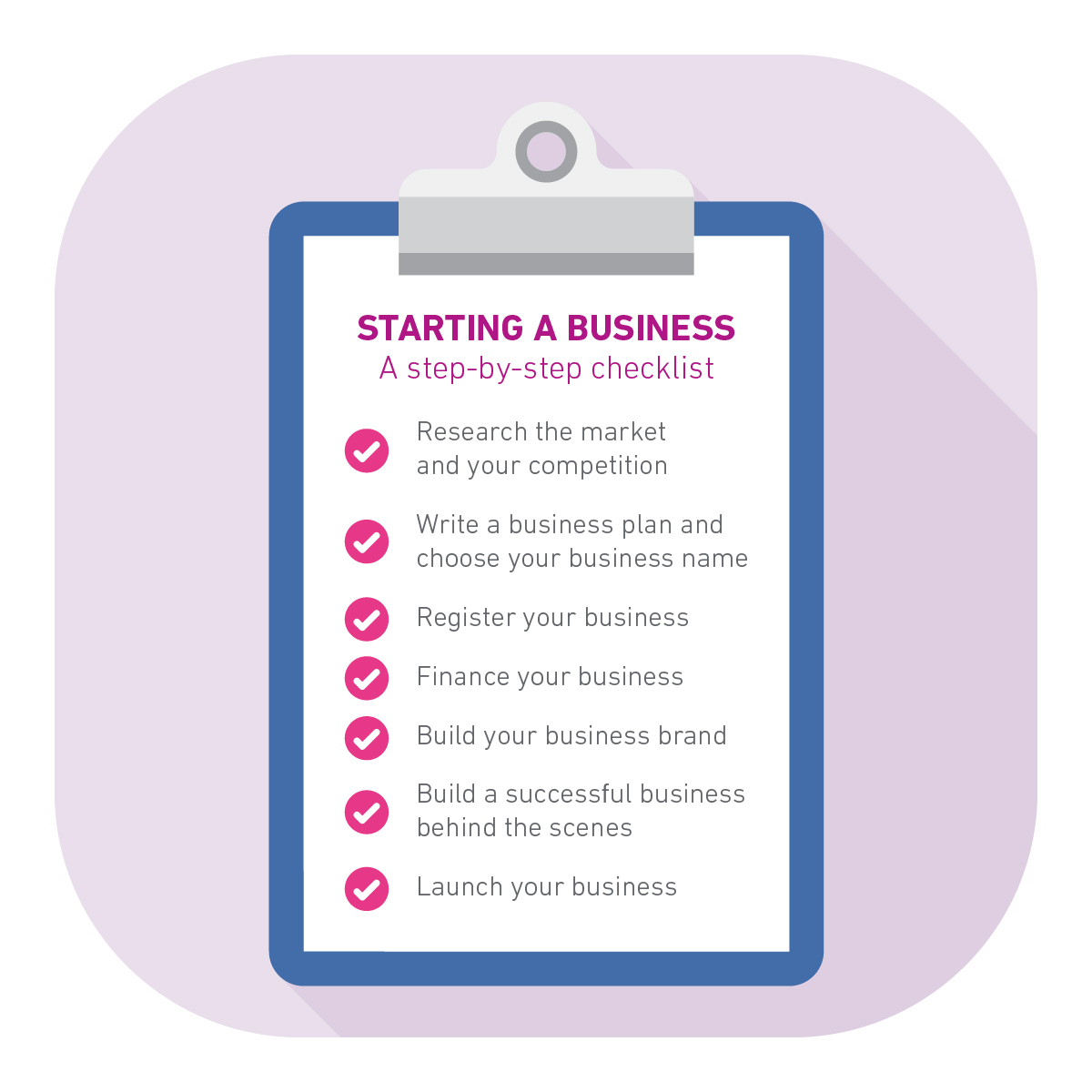

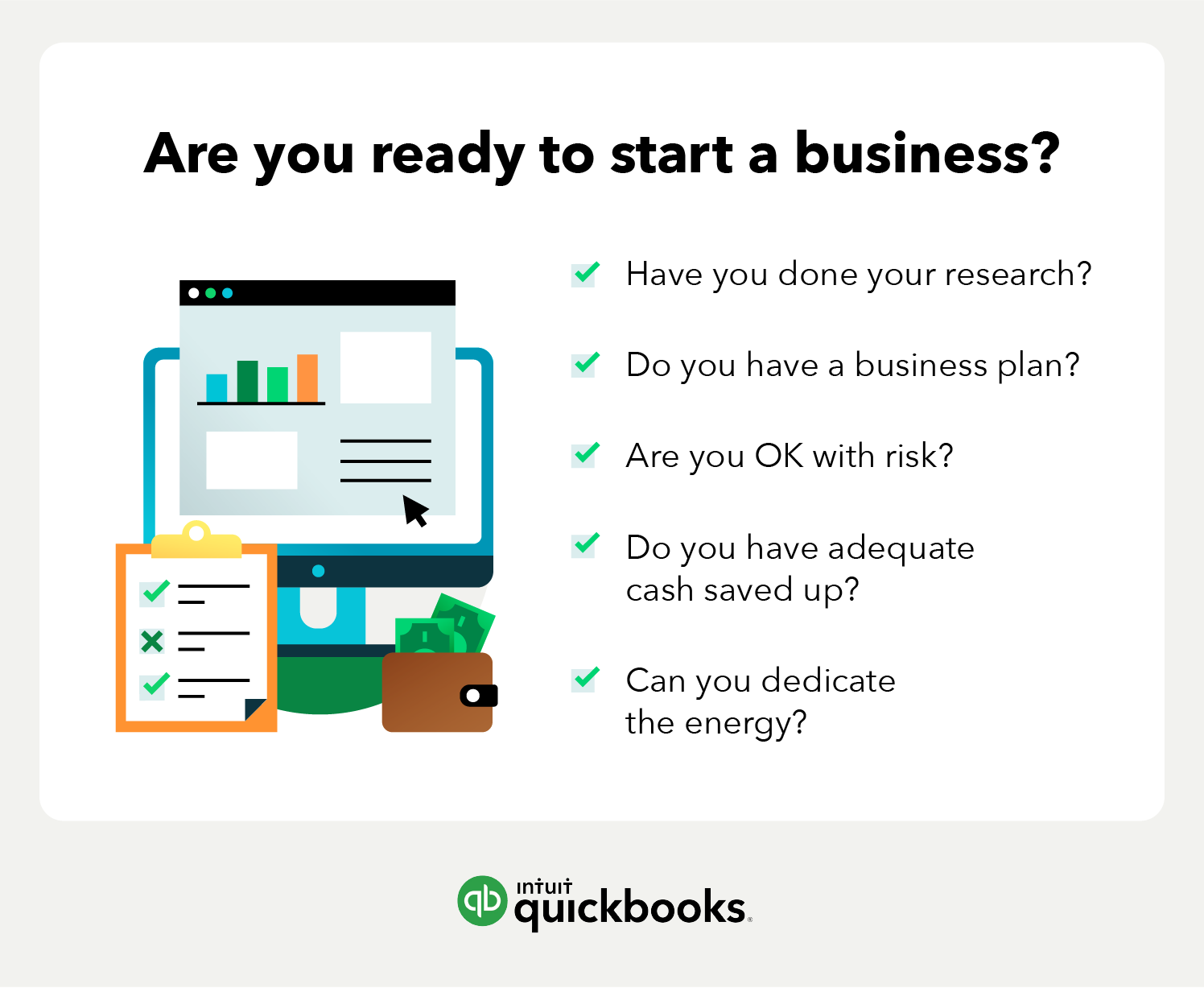


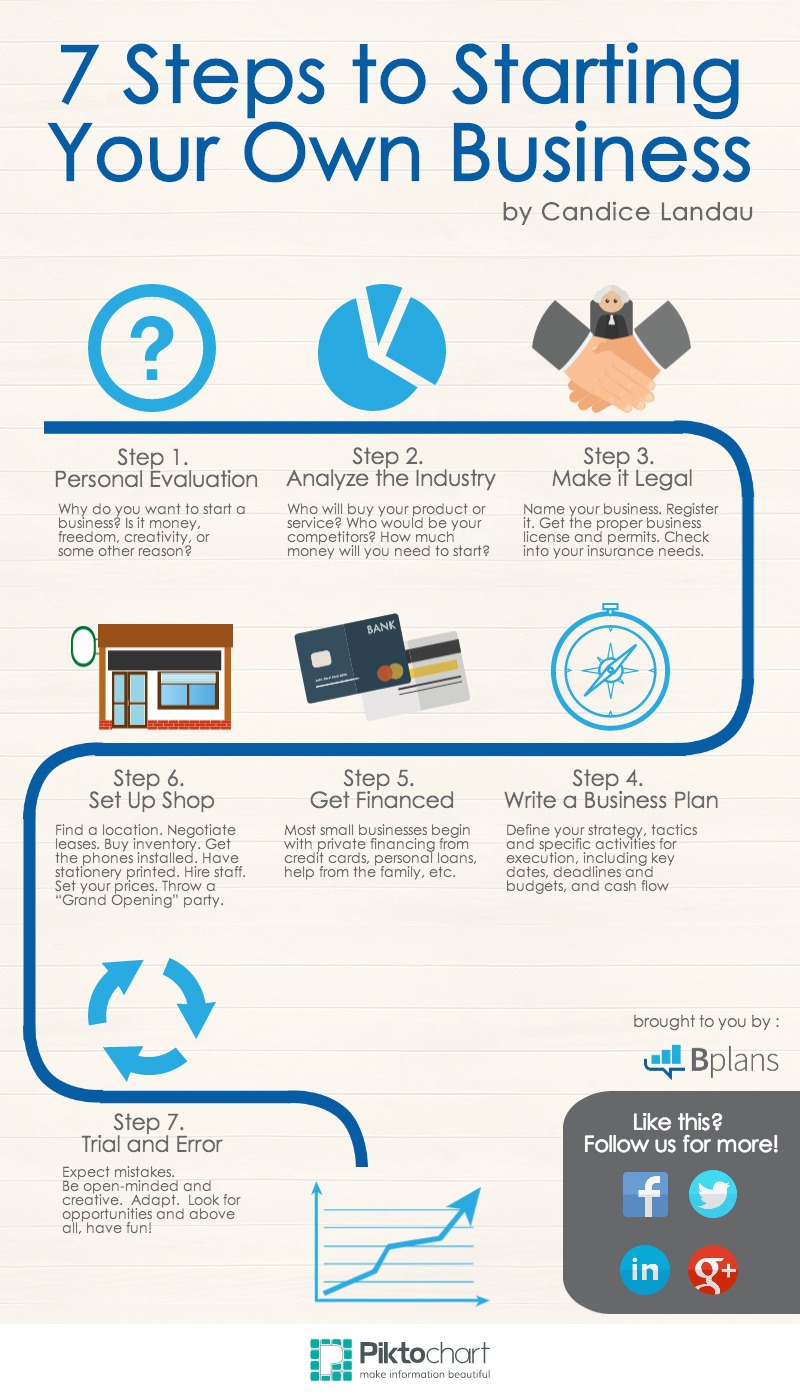
![What Do You Need To Know To Start A Business How to Start a Small Business in 13 Steps [2024 Guide] - Step By Step](https://stepbystepbusiness.com/wp-content/uploads/2022/01/How-to-Start-a-Business_Challenges-1.jpg)
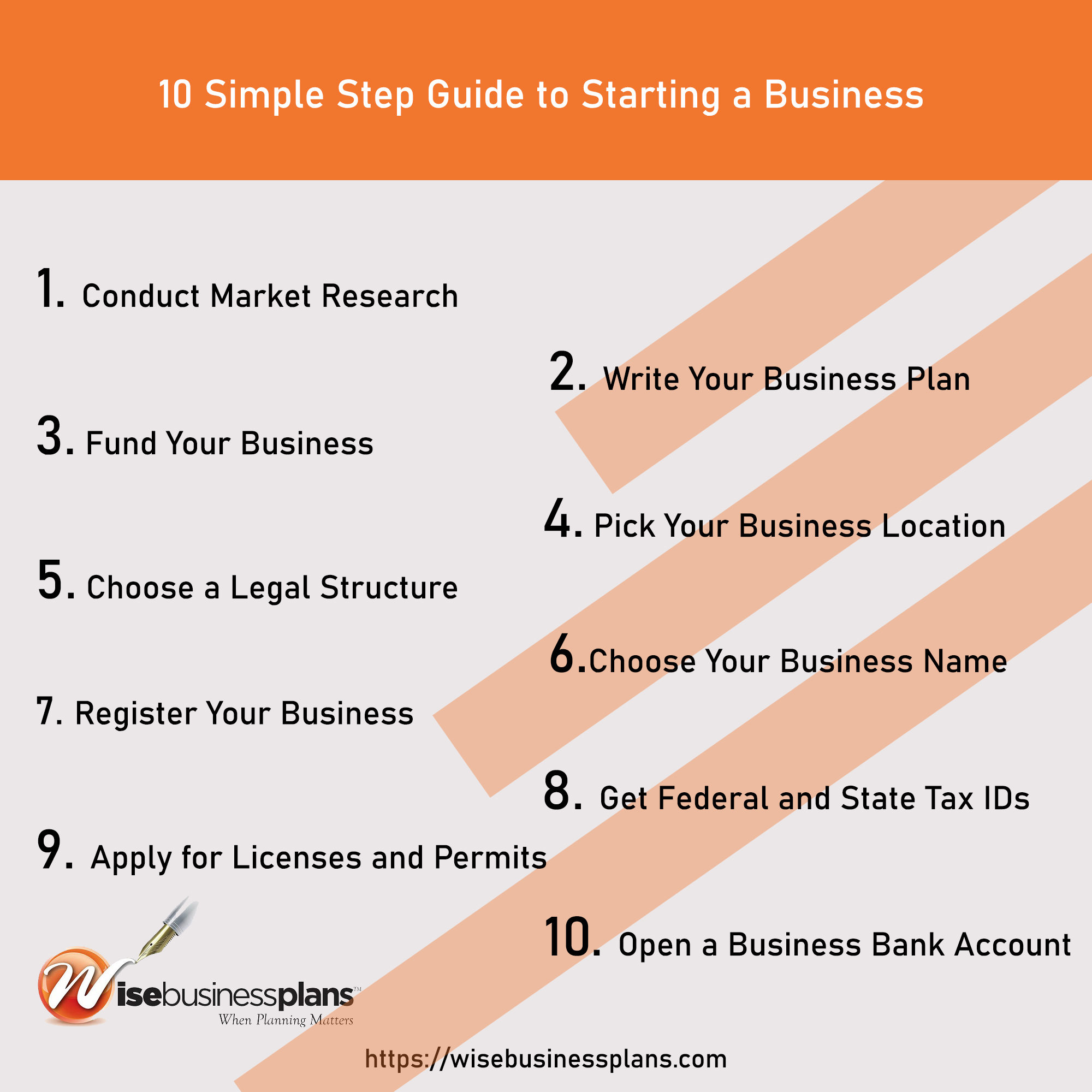

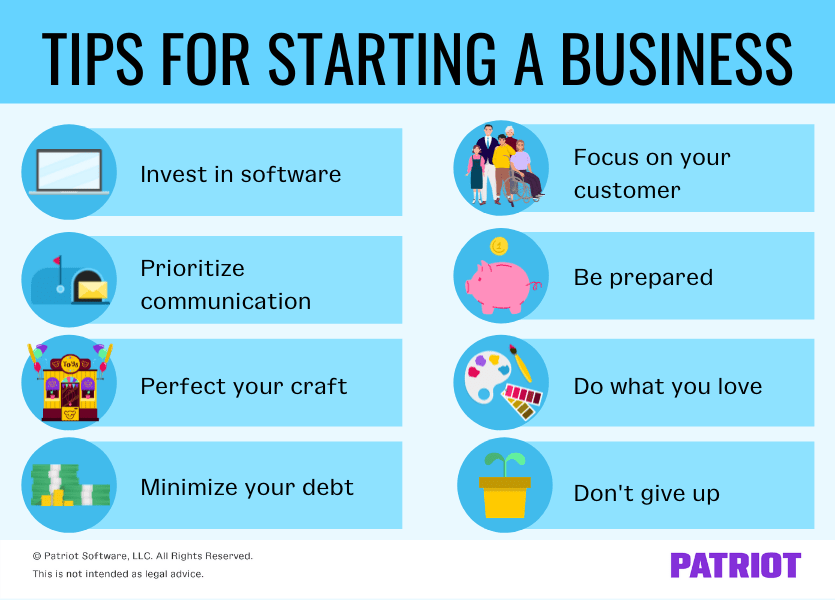

![What Do You Need To Know To Start A Business Beginner's Guide For How To Start A Startup [Infographic] | Bit Rebels](http://www.bitrebels.com/wp-content/uploads/2013/07/how-start-a-startup-infographic.png)



